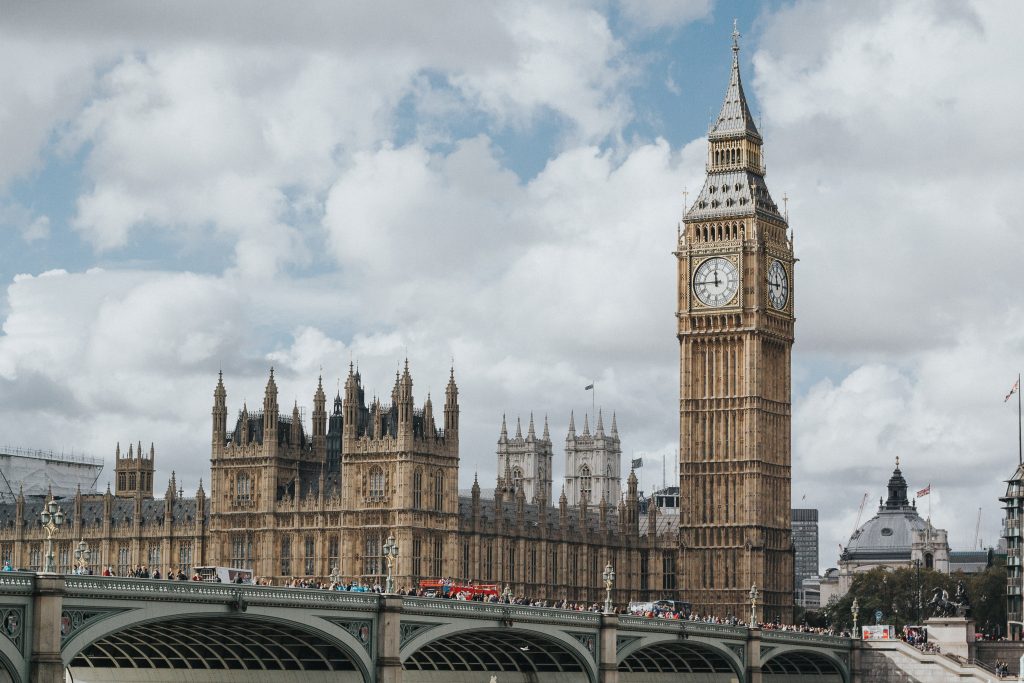
The United Kingdom’s Parliament introduced a bill that would grant police officers fewer restrictions in their ability to control protests. The bill was brought forward after the death of Sarah Everard invoked a wave of protests and vigils across the U.K.
Sarah Everard left a friend’s house March 3 to go back to her own apartment but never arrived. On March 12, Wayne Couzens, a serving police officer, was charged with Everard’s abduction and murder.
Women across the U.K. have expressed their immense outrage at Everard’s murder, sharing their own experiences of walking alone and circulating safety tips as well as recommendations for what men can do to keep women safe.
A vigil held March 13, the day after Everard’s remains were found, was broken up by police. Footage taken at the protest shows officers sparked more protests due to the methods the police used to detain the female protesters.
Despite the criticism, the Parliament is pushing ahead with the “Police, Crime, Sentencing and Courts Bill.” Currently, in order to get the police involved in a protest, they must show that the protest presents a risk of “serious public disorder, serious damage to property or serious disruption to the life of the community.”
If passed, the bill would impose more restrictions on protests, giving police the right to impose start and finish times and set noise limits on the protests.
The bill is ultimately designed to “stop people occupying public spaces, hanging off bridges, gluing themselves to windows, or employing other protest tactics to make themselves both seen and heard.”
Many critics of the bill are speaking out against it, calling into question whether or not the bill should be passed based on the ideals of free speech and assembly. While some in the U.K. government see the bill as being rushed through, others claim that aspects of the bill will toughen sentences for violent and sexual offenses.
With Couzens’ trial set to begin in October, and the bill still neither accepted nor denied in the Parliament, the U.K. is likely to continue to see protests against the bill and calls for justice for Everard.
